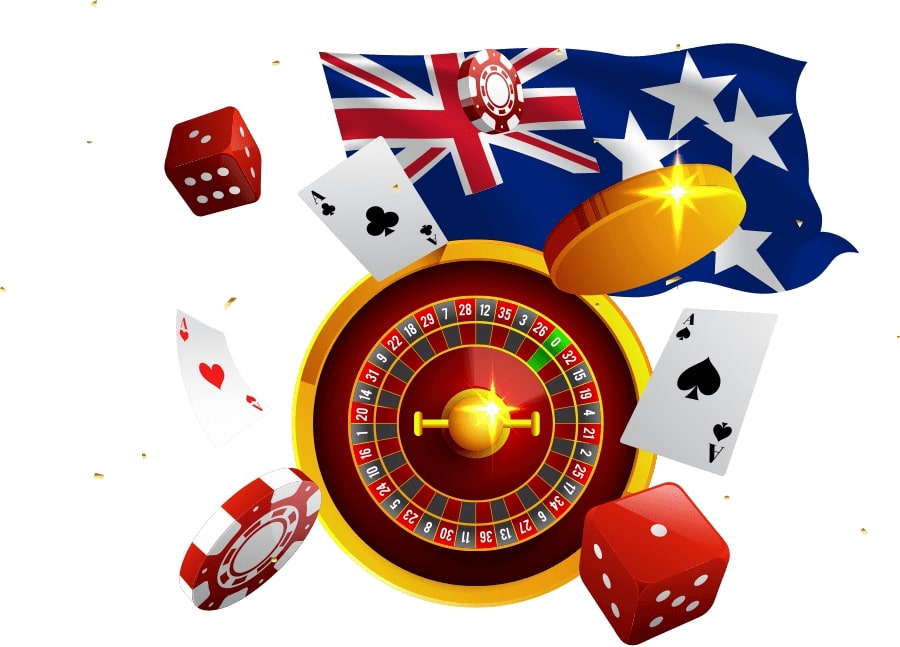New Zealand Gambling Classification

Whether in land-based establishments, on TV, or online, New Zealand gambling is governed by a specialized law that was released in 2003. It provides for private gambling (by agreement between individual players, without a third party in the person of the organizer) and four classes of legal activity for organizers. Failure to comply with the rules of one of the classes is equivalent to illegal gambling.
A detailed examination of all the conditions involves a deep immersion in the jungle of jurisprudence, so let’s go over the classes briefly.
- Class 1. The organizer (individual or organization) of such games does not receive remuneration in his favor – all profits are distributed in the form of prizes. The total stake of all participants for one move does not exceed $ 500. No licensing is required.
- Class 2. The rules are generally similar to Class 1, but with a few differences. Only the organization organizes the games – definitely not an individual. The rules for participation are written clearly and unambiguously. The turnover in one move can reach 25 thousand dollars, but one winner cannot win more than 5 thousand dollars at a time.
- Class 3. A licensed organizer can only be an organization that has confirmed its solvency to the state. The winning of one player is unlimited, but machines for the drawing are not allowed. A typical example representative of this class of gambling is the lottery.
- Class 4. This includes online casinos in their classic form. Management is carried out by the organization.



